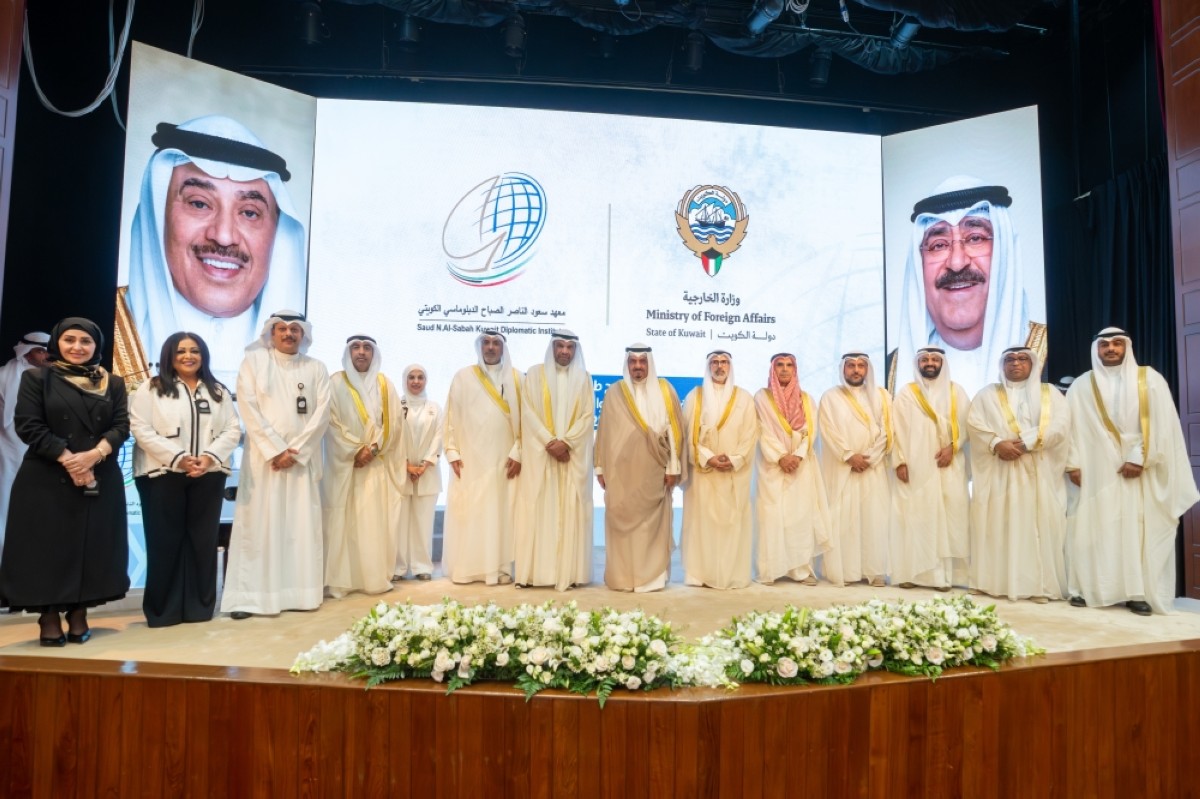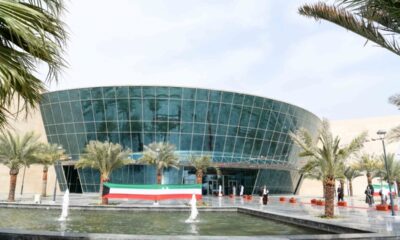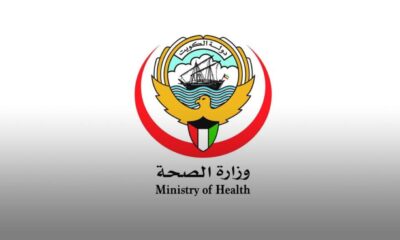KUWAIT: Chairman of the Communication and Information Technology Regulatory Authority (CITRA), Dr Khaled Al-Zamel, affirmed on Sunday that Kuwait prioritizes adopting advanced national strategies to foster innovation and digital transformation, enhance digital infrastructure and improve government system efficiency in line with global developments. Al-Zamel made the remarks during the opening of the International Forum on Artificial Intelligence and Digitization and the Gulf Conference on Archiving, Documents and Archives Management, held under the patronage of Minister of State for Communications Affairs Omar Al-Omar.
The forum attracted participation from governmental and private entities, as well as several Gulf institutions. Dr Al-Zamel highlighted CITRA’s efforts to develop policies and regulatory frameworks to enable modern technologies while regulating artificial intelligence to serve the public interest, preserve human values, and ensure cybersecurity. He noted that digital transformation and AI have become key tools for administrative and economic development worldwide, serving as a cornerstone for institutional performance, service quality, and informed decision-making.
“The forum provides a platform for Gulf and international dialogue, aiming to unify efforts, exchange expertise, and explore cooperation opportunities between government institutions, the private sector, and academic bodies,” he said. Dr Al-Zamel emphasized that AI carries a civilizational responsibility that requires awareness and sound management, adding that CITRA is committed to a safe, disciplined, and ethical adoption of emerging technologies in line with international standards.
Acting Director General of the Central Agency for Information Technology, Najat Ibrahim
He further highlighted the importance of digital document and archive management as a pillar of modern institutional systems, contributing to preserving national memory, regulating information exchange, facilitating secure data access, promoting transparency, and supporting evidence-based decision-making. He expressed hope that the forum’s discussions would lead to actionable recommendations advancing AI and digitization across GCC countries, and practical projects to build a safe, prosperous, and sustainable digital future.
For her part, Acting Director General of the Central Agency for Information Technology, Najat Ibrahim, said Kuwait is witnessing accelerated digital integration, led by the Ministry of State for Communications Affairs, to support the “New Kuwait 2035” vision. She noted that this includes strengthening AI and digitization, improving document and archive management, and fostering inter-agency integration to build an efficient digital economy, enhance government services, and improve quality of life.
Ibrahim highlighted pioneering initiatives, including transitioning to cloud computing through partnerships with leading tech companies, establishing digital platforms for inter-governmental system integration, and unifying programming interface management. She said these measures aim to enhance service efficiency, facilitate secure data exchange, improve user experience, and support innovation across public and private sectors.
She described the forum as a valuable opportunity to consolidate efforts and open new horizons for IT specialists and decision-makers, contributing to achieving the goals of Kuwait’s “New Kuwait 2035” vision and GCC member states’ digitization plans. Ibrahim expressed hope that the forum’s presentations by leading scholars and experts would yield meaningful insights and practical benefits. — KUNA



















